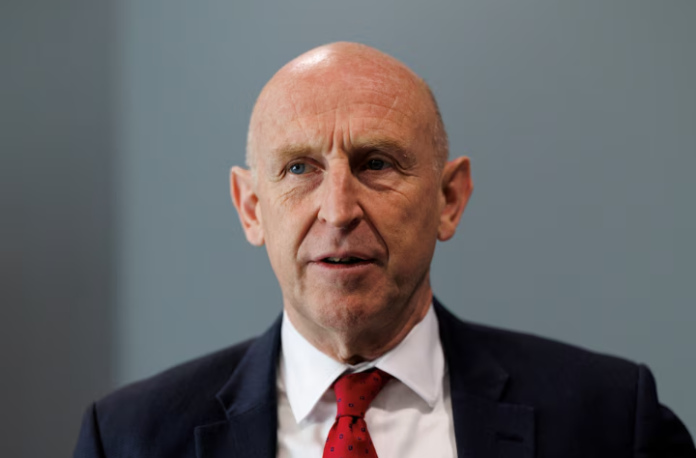Britain is taking a bold step towards strengthening its military readiness, announcing a massive £1.5 billion ($2 billion) investment in building at least six new weapons and explosives factories. The move, revealed by Prime Minister Keir Starmer and Defence Secretary John Healey, signals the country’s most aggressive defense expansion in years, aimed at countering growing global threats.
In a powerful op-ed for The Sun on Sunday, Prime Minister Starmer stated bluntly: “We are being directly threatened by states with advanced military forces, so we must be ready to fight and win.” He pointed to increasing concerns over Russia’s ongoing war in Ukraine, as well as the country’s deepening ties with Iran and North Korea.
This military build-up comes just ahead of the UK’s Strategic Defence Review, set to be unveiled this week. The review is expected to outline the threats facing Britain and the specific military tools it will need to combat them effectively.
What’s in the Plan?
Defence Secretary John Healey detailed the plan during an interview with the BBC, framing the investment as both a deterrent and a shot in the arm for the UK economy. The Ministry of Defence (MoD) said it will acquire up to 7,000 long-range precision weapons, all to be produced domestically.
This investment raises total spending on munitions to around £6 billion during the current parliamentary term. The announcement is intended not only to modernize Britain’s military capabilities but also to send a clear message to Moscow and other hostile nations: the UK is ready.
Healey described the initiative as a win-win strategy—improving national security while also revitalizing local industries and creating jobs in the defense sector.
Tactical Nukes in the Mix?
The Sunday Times also reported that the UK government is exploring the purchase of U.S.-made fighter jets capable of launching tactical nuclear weapons, although the MoD has not yet commented on this claim.

This potential purchase, combined with increased investment in Artificial Intelligence for military use and a £1.5 billion plan to improve armed forces housing, illustrates the government’s full-spectrum approach to defense.
Long-Term Defence Commitments
Since taking office last July, Starmer’s Labour government has committed to increasing defence spending to 2.5% of GDP by 2027, with a longer-term target of 3%. These ambitious goals reflect a significant pivot toward hard power and proactive deterrence, marking a shift from past decades of reduced military budgets.
With war now a stark possibility in Europe and beyond, Britain’s government is making it clear: the era of peace-time complacency is over.



